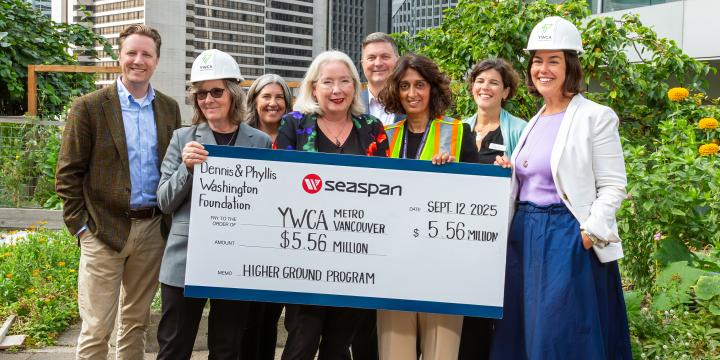
“So, what would you say is your greatest weakness?”
It’s a question that’s stumped even the best-prepared candidates, but as a career advisor (and employee) it’s always been one of my favourite interview questions. If answered correctly, the dreaded ‘greatest weakness’ question is a perfect opportunity to show a potential employer that you’re right for the job.
Why ask about my greatest weakness?
Employers have very little time to assess your skills, attitude and personality. Remember, hiring staff is expensive and time-consuming, and every employer wants to find the best potential candidate. But, why would the best candidate have weaknesses? The answer is simple: no one is perfect. Everyone makes mistakes and no one is good at everything. The 'greatest weakness' question gives you the opportunity to show a potential employer that you know that. More importantly, it’s also an opportunity to demonstrate that you are able to examine those imperfections and work on them to become a better employee.
Why the ‘greatest weakness’ question is an opportunity
It’s hard to admit when we aren’t good at something or when we’ve made a mistake. It’s often easier to find someone or something else to blame than to look in the mirror and accept that we are the ones who need to change. Unfortunately, the person who is unwilling to do this will most likely be difficult to manage and work alongside. Providing constructive feedback to staff is an important task of a supervisor, and being able to absorb that information and use it to improve is an invaluable skill for any employee. Asking the ‘greatest weakness’ question is an invitation for you to demonstrate your self-awareness and to point to a time when you took initiative and strove to be better.
Personally, I love getting asked this question in an interview because I get to discuss how hard I have worked over my lifetime to be a better employee, colleague and person. I don't take pride in the skills that come easily to me and require little effort. I am proud of the work I have done to become more assertive, to accept and use feedback effectively and to be more trusting of my colleagues when we work in a team. This has been a challenging process that has taken years for me to recognize, accept and work on – and it is still a work in progress! But if you ask me what makes me a better employee or co-worker than I was 10 years ago, this is what I would point to.
Now, how to answer the question
Now that you understand why the question is asked, here are the steps to correctly answer it:
- Take the time to think about what you weren’t or aren’t great at.
- Begin your answer by first briefly explaining the weakness:
“When I first entered the workforce I had a hard time accepting constructive feedback. It was difficult for me not to take it personally, and I worried that my boss didn't like me.”
- Then, specifically, outline the steps you have taken to improve:
“I realized that feeling this way was leading to anxiety and affecting my performance. So I read books and articles about better ways to deal with constructive feedback. I practiced responding in a non-defensive way, trying out my supervisor's suggestions and even seeking out feedback so I wasn’t surprised by it.”
- Finally, finish it off in a positive, forward-looking way:
“Now, I realize that constructive feedback is not only an opportunity to improve and be a better employee and co-worker but that it means that my supervisor sees my potential and wants to support my growth.”
That’s it! Feel free to sit a little taller and answer with a smile on your face—you are not admitting to a horrible weakness—you are speaking about possessing the strength to look in the mirror and make a change.
For free employment programs and all things job search-related, visit our Help for Job Seekers page.

